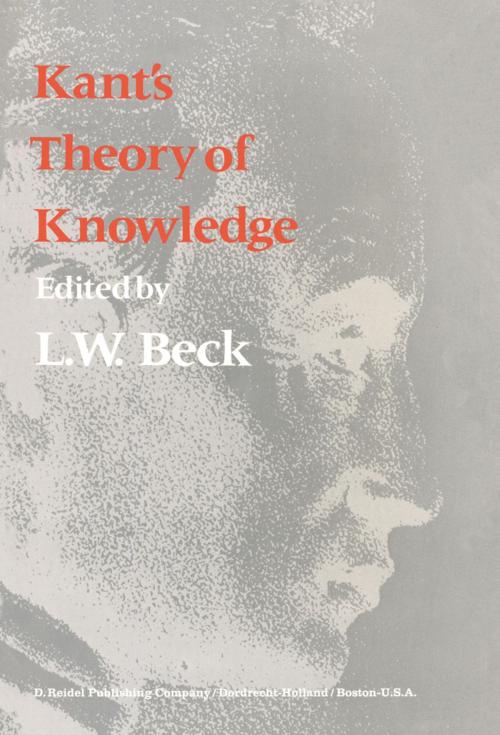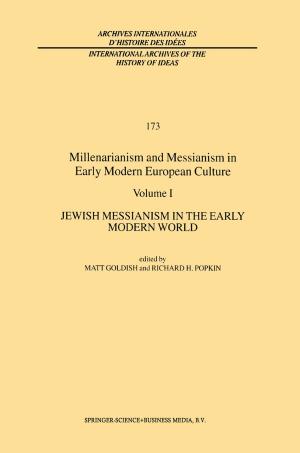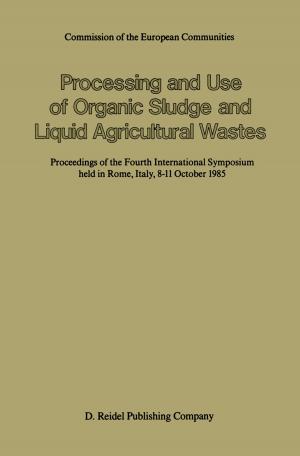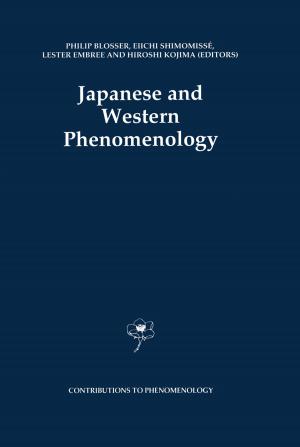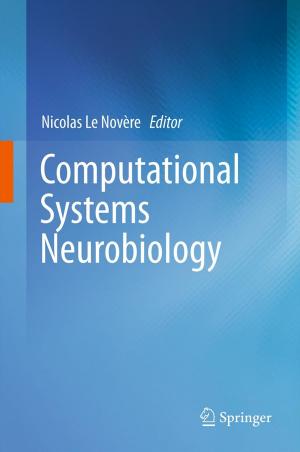Kant’s Theory of Knowledge
Selected Papers from the Third International Kant Congress
Nonfiction, Religion & Spirituality, Philosophy, Modern| Author: | ISBN: | 9789401022941 | |
| Publisher: | Springer Netherlands | Publication: | December 6, 2012 |
| Imprint: | Springer | Language: | English |
| Author: | |
| ISBN: | 9789401022941 |
| Publisher: | Springer Netherlands |
| Publication: | December 6, 2012 |
| Imprint: | Springer |
| Language: | English |
The Third International Kant Congress met in Rochester, New York, March 30 to April 4, 1970. The Proceedings, published by D. Reidel Publishing Company in 1972, contained 76 complete papers and 30 ab stracts in three languages. Since this large volume covered many phases of Kant's philosophy from a wide variety of standpoints, it is unlikely that the entire contents of it will be of interest to anyone philosopher. I have therefore selected from that volume the 20 papers that seem to me to be most likely to be of interest to English-speaking philosophers who are, to use a fairly vague description, in the 'analytical tradition'. The topics treated here are those which are most relevant to current philosoph ical debate in the theory of knowledge, philosophy of mind, and the philosophy of science. The division of papers under the seven principal topics, however, is in some respects a little arbitrary. I hope this little volume, published 250 years after Kant's birth, will show philosophers who are not already convinced that Kant is one of the most contemporary of the great philosophers of the past. I believe that the efforts of the authors of the papers will show that there can be genuine Kantian contributions towards the solution of problems that have fre quently been handled in opposition to, or obliviousness of, the eighteenth century philosopher who did more than anyone else to formulate the problems which still worry philosophers in the analytic tradition.
The Third International Kant Congress met in Rochester, New York, March 30 to April 4, 1970. The Proceedings, published by D. Reidel Publishing Company in 1972, contained 76 complete papers and 30 ab stracts in three languages. Since this large volume covered many phases of Kant's philosophy from a wide variety of standpoints, it is unlikely that the entire contents of it will be of interest to anyone philosopher. I have therefore selected from that volume the 20 papers that seem to me to be most likely to be of interest to English-speaking philosophers who are, to use a fairly vague description, in the 'analytical tradition'. The topics treated here are those which are most relevant to current philosoph ical debate in the theory of knowledge, philosophy of mind, and the philosophy of science. The division of papers under the seven principal topics, however, is in some respects a little arbitrary. I hope this little volume, published 250 years after Kant's birth, will show philosophers who are not already convinced that Kant is one of the most contemporary of the great philosophers of the past. I believe that the efforts of the authors of the papers will show that there can be genuine Kantian contributions towards the solution of problems that have fre quently been handled in opposition to, or obliviousness of, the eighteenth century philosopher who did more than anyone else to formulate the problems which still worry philosophers in the analytic tradition.
